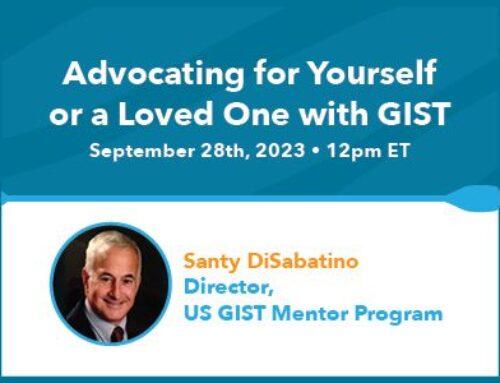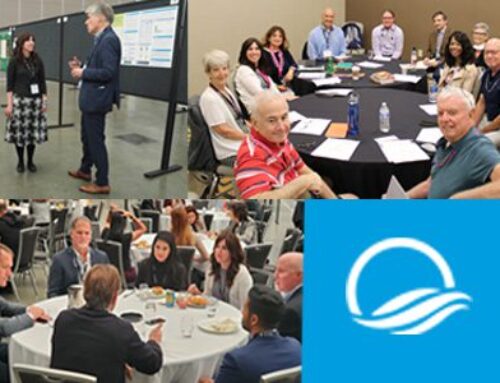The Society for Integrative Oncology (SIO) was developed to advance evidence based, comprehensive, integrative healthcare to improve the lives of people affected by cancer.
The 12th Annual SIO Conference was held in Boston in November, and it provided an opportunity for attendees to both be inspired by the ongoing research to improve the quality of life for cancer patients, but also to be impressed by quantitative evidence to support the research efforts and the amount of physicians more than willing to refer their patients to integrative services. The conference consisted primarily of clinicians including oncologists, nurses, and other medical doctors, followed by educators, researchers and epidemiologists as well as integrative specialists including yoga instructors, acupuncturists, reiki practitioners and, of course, patient advocates.
The conference exposed attendees to a wealth of therapies that are currently being used as part of integrative treatment including acupuncture, reiki, music therapy, and mind-body therapy, and more importantly, how each of these methods can be practiced by both patients and caregivers.
The focus for this author during the three-day conference was to learn applicable resources for GIST patients. Among the diverse research, Mind-body Therapy was of particular interest. As defined by the National Institute of Health (NIH), “Mind-body medicine focuses on the interactions among the brain, the rest of the body, the mind, and behavior as well as the ways in which emotional, mental, social, spiritual, experimental, and behavioral factors that can directly affect health.” SIO speaker Dr. Gary Deng, Ph.D., Interim Chief, Integrative Medicine Service at Memorial Sloan Kettering Cancer Center further elaborated that changing the body from the outside (through guided therapy, breathing exercises, etc.) can stimulate cell changes, and ultimately reduce side effects such as anxiety, depression, digestive problems, health issues, and fatigue. Additionally, Dr. Deng spoke of the immense value in educating clinicians, and encouraged specialists to seek hospital based educational programs so that each oncologist can refer and practice integrative services to improve the patient’s overall quality of care.
Moving forward, the SIO admitted that although they have made great progress in instituting and educating integrative practices in oncology care, there is still work to be done. They have made great headway in raising networks of integrative oncology services at cancer centers both nationally and internationally, so that outpatient clinics can provide free services to their patients affording them the ability to conveniently engage in the best of what western and integrative medicine has to offer. Additionally, guidelines are in development to identify the ways to measure patient needs, so that they can have individualized feedback to improve their health and treatment outcomes.
Overall, it was clear the various practices of integrative oncology have an evidence-based record in reducing major side effects, and even reducing the risks of some cancers recurrence, simply through routine mindfulness. For caregivers, active mindfulness affords the ability to start each day fresh, rejuvenated, and able to prioritize their task-list. For patients, it’s an opportunity to help play a role in preventative health practices, and take an active role in improving their quality of life. As the field of integrative oncology expands, it will be exciting to see specific research into the role of integrative therapies in the treatment of GIST.



